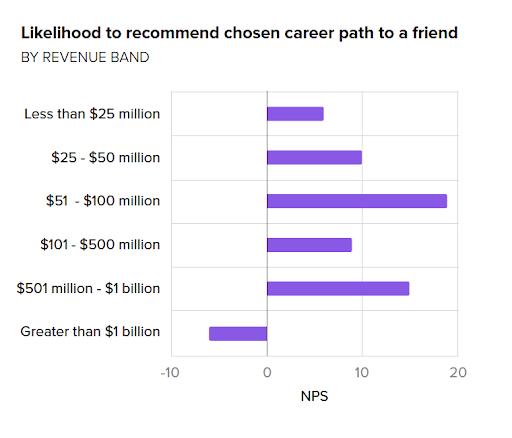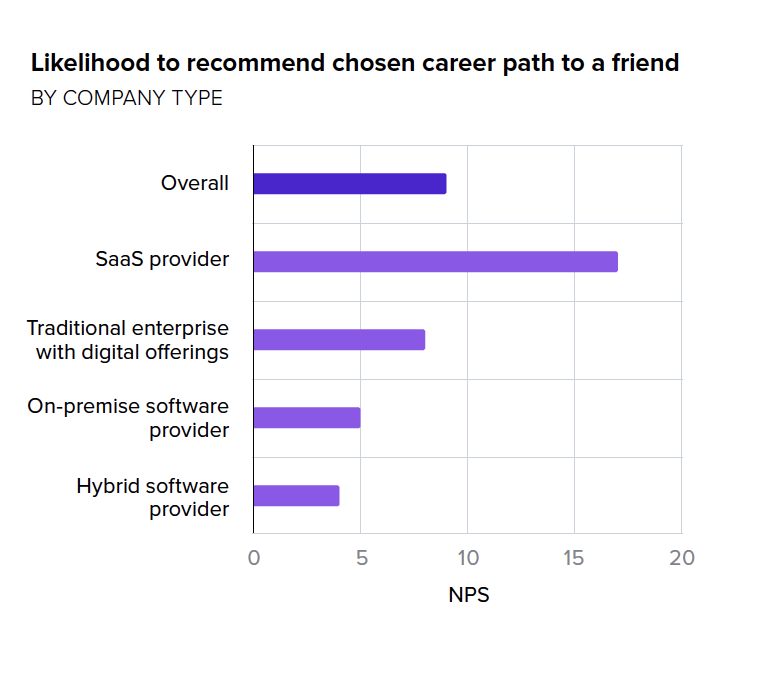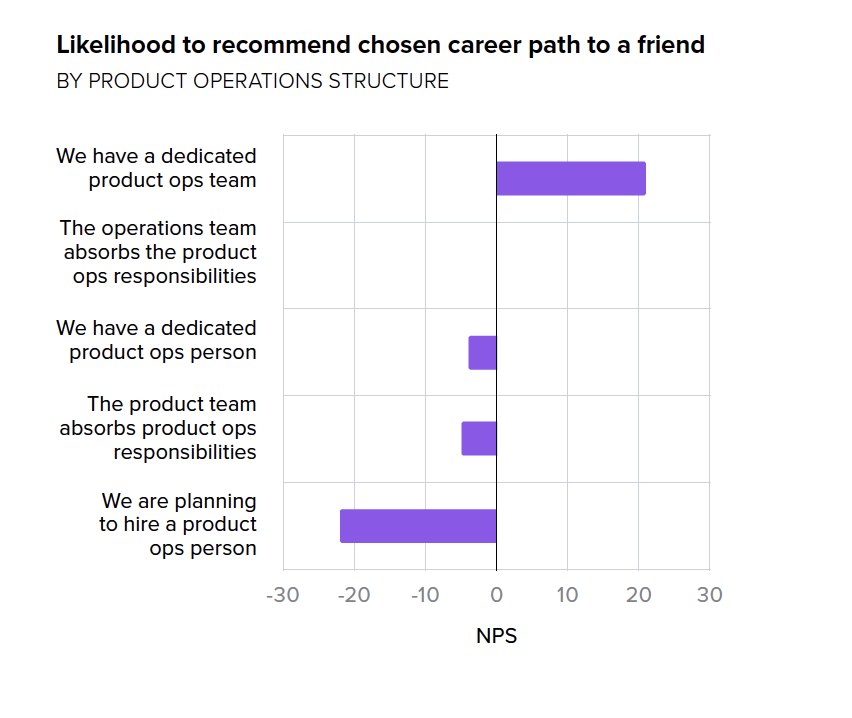Digital transformation is hard work. It’s a seismic, high-stakes shift for any business, large or small—one that involves overhauling the way products are built and delivered, adopting new ways of thinking, and convincing people to buck old habits to try something new.
No easy feat, for sure.
With their unique blend of technical skill and business sense, there’s no one better suited to lead these efforts than product managers. So, it was no surprise that Pendo’s annual State of Product Leadership report found that product teams tend to be chosen to own digital transformation at their organizations and, consequently, now have more influence over the direction of the business than ever before.
Product teams are finally in the driver’s seat! Great news, right?
Well, yes, but the outsized influence PMs have gained comes with loads of added stress: With the shift to digital drastically accelerating in recent years, there’s little to no room for error in pulling off a digital transformation. For most organizations, their very survival depends on getting it right.
No pressure.
We’re already seeing the effects of this: In the report, respondents were asked how likely they would be to recommend their career path to a friend. Out of a possible range of -100 (Not at all) to 100 (Definitely) the average NPS score for PMs was … 9.
That’s a lot lower than we’d like to see, but it doesn’t necessarily mean every PM is dissatisfied with their job. At SaaS providers, the number jumps up to 15. Still, that’s the exception here: PMs at traditional enterprises with digital offerings, hybrid software providers, and on-premise software providers all reported NPS below 10.
The results vary by the size of the organization PMs work for, too: Satisfaction drops sharply when a company’s revenue crosses the $1 billion threshold, to an NPS score of -6. This may be because PMs working for the largest companies have more responsibility for more complex digital transformation initiatives than those at smaller startups funded around Series B or C, where NPS was highest at 19.
It’s possible that those PMs are happier because they find their work more exciting and fulfilling, and companies at that stage might be more likely to prioritize the mental health and wellbeing of their employees than larger enterprises.
In fact, the report found just that to be the case: At 18, NPS scores were highest for
product leaders who were responsible for the direction of an entire product, rather than just a few features. In other words, the happiest PMs are the ones who act as the machine, not the cog. Giving them a measure of autonomy leads to higher satisfaction and a higher likelihood of success.
But allowing product leaders to take the reins and fully steer their product’s direction isn’t the only thing that’s guaranteed to drive up a product leader’s happiness. Giving them the support they need to get it done goes a long way, too.
Product leaders whose organizations have a dedicated Product Operations team reported an NPS of 21, on average. Those at organizations who had a single person running Product Ops or no dedicated Product Ops capacity at all uniformly reported negative NPS scores.
So there you have it: The key to a happy, successful product team is giving them the ability to shape their product as they see fit, providing the support they need to get it done right, and offering them a chance to take a breather to take care of themselves. Considering how critical product teams have become to organizational success, the future of your business just might depend on it.







